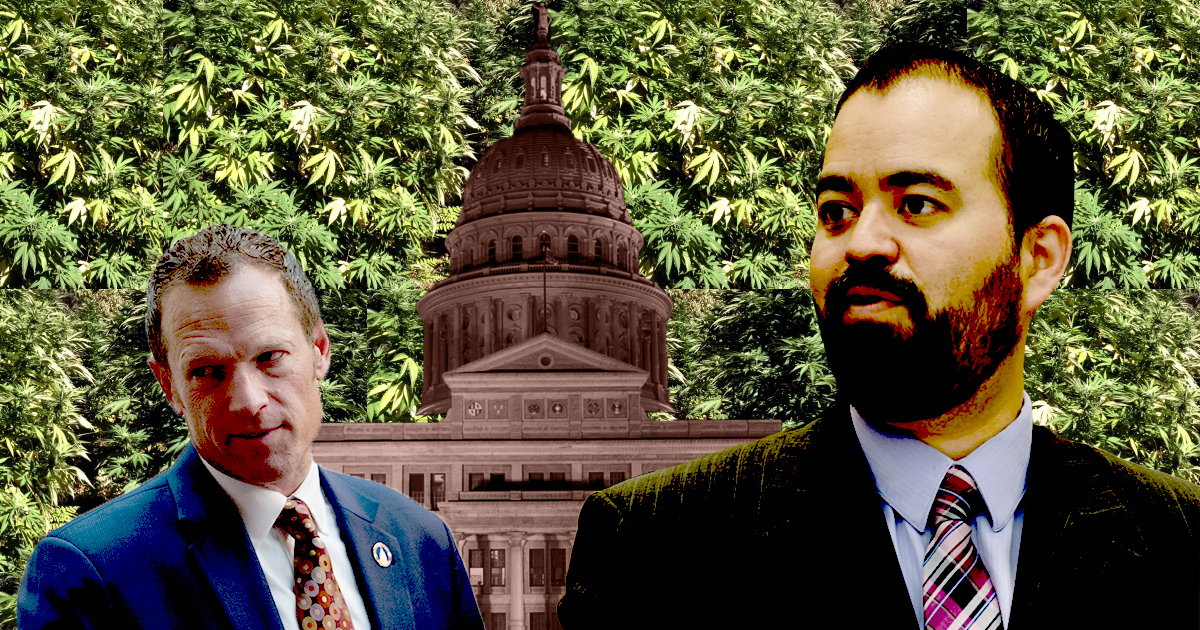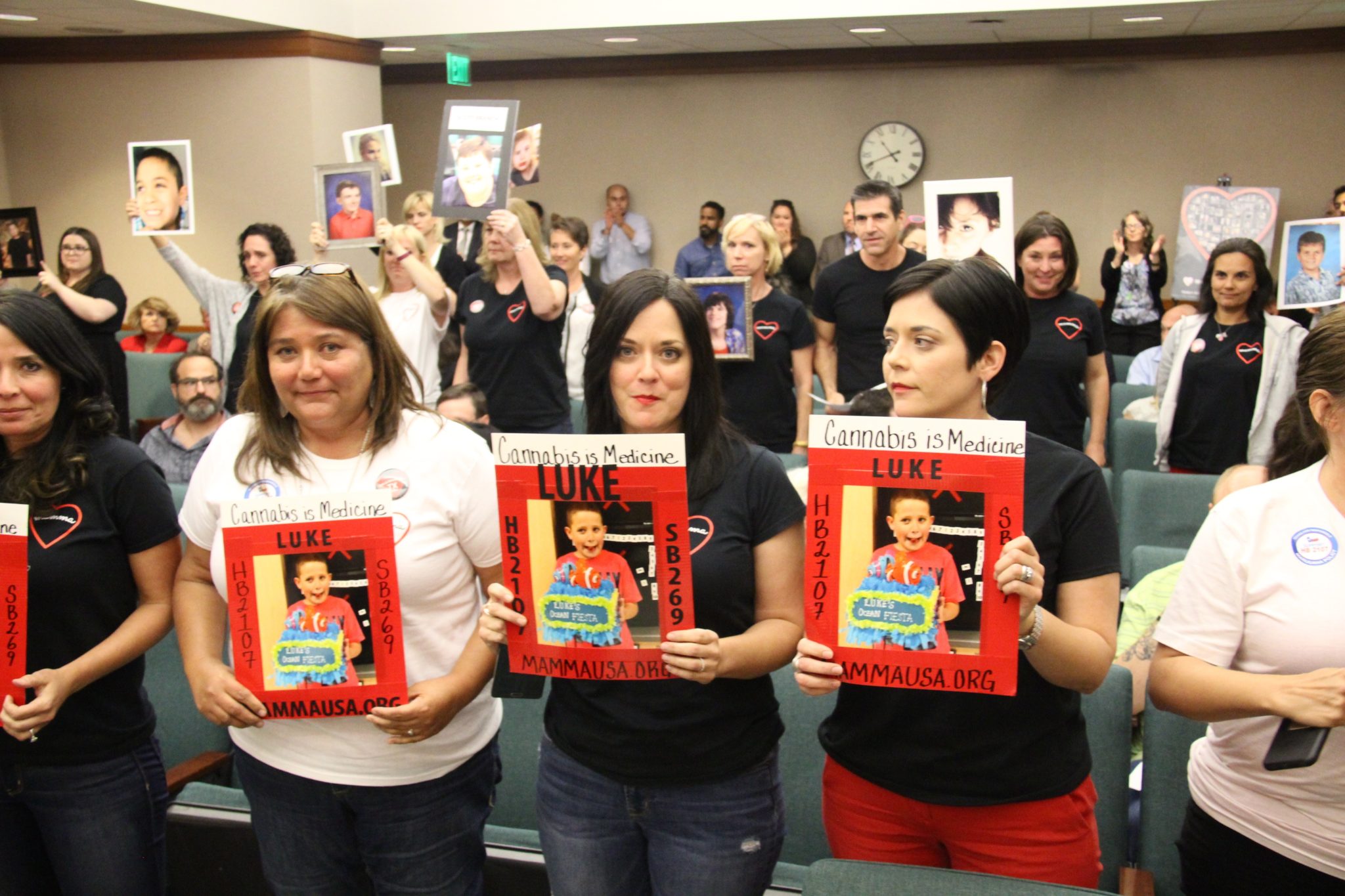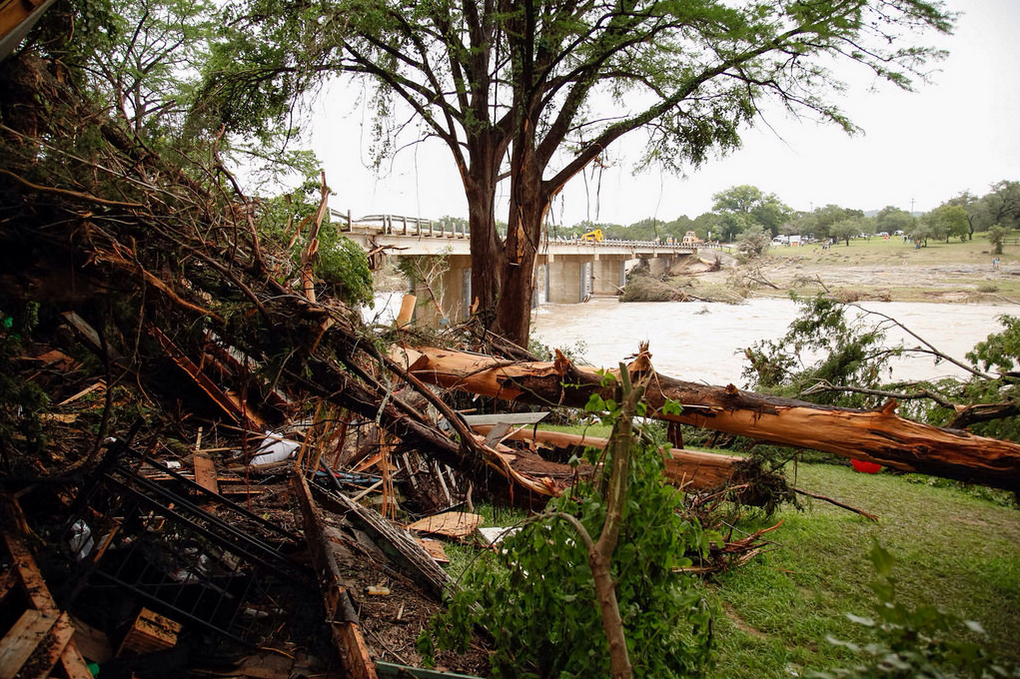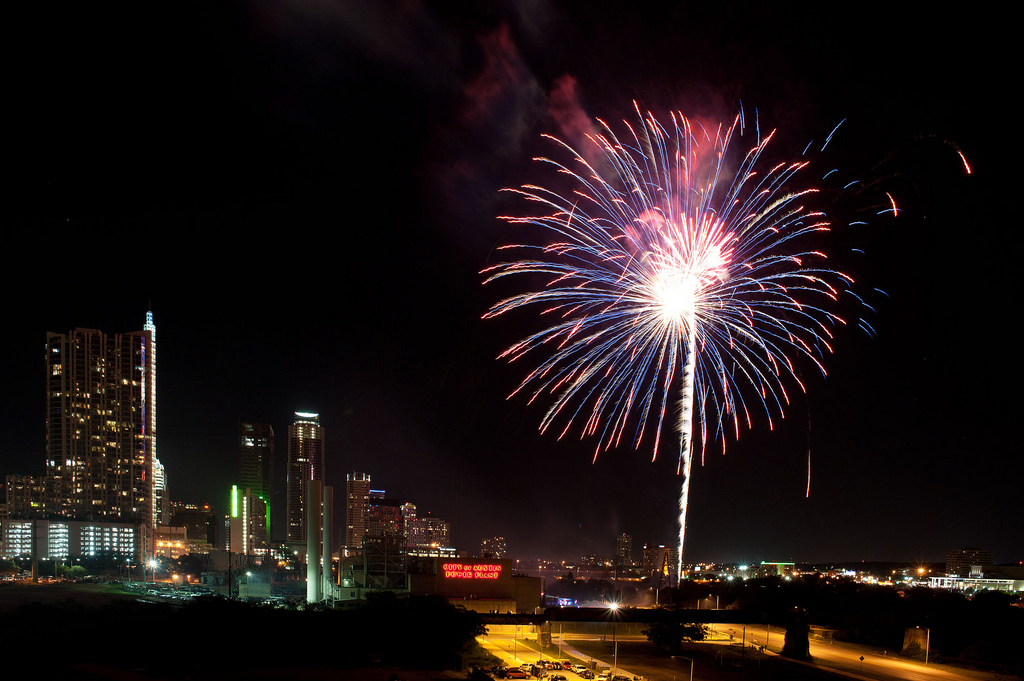
Buy Fireworks If You Love America, Says State Rep Backed by Pyrotechnics Producer
Jason Isaac, recipient of more than $60,000 from the pyrotechnics industry, says not to worry about “cherry-picked horror stories" suggesting that fireworks are dangerous.

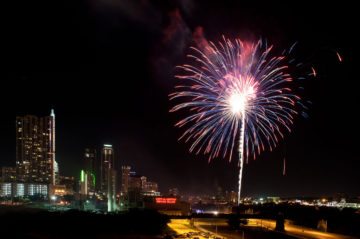
Fireworks may have originated in China, but this time of year they’re as American as frankfurters and the Honda Fourth of July Sales Event. With that in mind, state Representative Jason Isaac, a Republican from Dripping Springs, is encouraging all Texans to celebrate as our Founding Fathers intended: out in a field with a lit match and a Big Thunder Nova artillery canister that’ll send the cows running and the neighbors calling the cops.
In an email missive released by Isaac’s campaign, entitled “Fireworks Keep the Spirit of Liberty Alive,” Isaac extols the “spirit of liberty” that carried John Adams and crew to victory over the British. Then he pivots to Adams’ instructions for future generations to celebrate the win with “Bonfires and Illuminations from one End of this Continent to the other.”
“Adams,” Isaac writes, “was onto something.”
Where Katy Perry saw an expression of individual excellence, Isaac finds a more democratic purpose. Isaac’s letter extols the “invaluable, unquantifiable benefit” that fireworks provide by “reminding us that, despite our differences, we share the same heritage and values.”
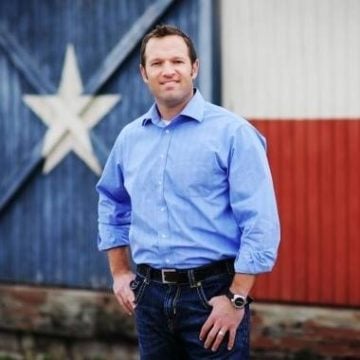
There is poetry in the pyrotechnic, sure, but Isaac is also quick to dispense truth. Did you know the fireworks industry does over $1 billion in business annually? Did you know that Texas repealed its fireworks sales tax in 2015, “making fireworks more accessible for all Texans”? Isaac hopes you are informed.
Most importantly, though, Isaac hopes you do not fall prey to cynical — but all-too-common — “criticism leveled at the fireworks industry through cherry-picked horror stories about flagrant misuse.” In fact, Isaac writes, “accidents are rare. The most recent data available shows only 2 injuries caused in Texas in 2014.”
It may be relevant at this point to note the $60,000 in in-kind donations that Isaac’s campaign received in 2014 and 2015 from Chester Davis, CEO of American Fireworks in Bastrop. Specifically, Davis, a former lobbyist for the Texas Pyrotechnic Association, supplied the firepower for Isaac’s Fourth of July spectaculars in Dripping Springs and campaign events in September.
In a voicemail, Isaac reiterated his excitement about this weekend’s festivities in Dripping Springs, but didn’t address the Observer’s questions about his campaign support from Davis. Isaac didn’t return a call back after that. But in the Legislature, Isaac’s voting record has been as friendly to the fireworks industry as his latest editorial.
In 2003, the Texas Pyrotechnic Association warned that legislators were on the brink of prohibiting fireworks. Today it’s a far different story: Last year the Legislature expanded fireworks sales to Texas Independence Day, San Jacinto Day and Memorial Day, in addition to legal sales windows before Independence Day, New Year’s Eve and — if you’re within 100 miles of the Texas-Mexico border — Cinco de Mayo. Isaac was a co-sponsor on that bill.
That measure passed after testimony from Davis and other fireworks advocates that their products are safer than ever. Though probably not quite as safe as Isaac would have you believe.
The figures in Isaac’s e-mail match the Texas Department of Insurance’s annual fire statistics for 2014, which noted one civilian injury and one “fire service injury” that year, along with more than $1 million in property damage from fireworks. If such a low tally seems unlikely, though, look no further than Comanche, where the Kiwanis Club’s annual Fourth of July event in 2014 was canceled after a trailer full of fireworks exploded, killing a local chiropractor and injuring a handful of others. J.D. Sheffield, Isaac’s colleague in the Legislature, was scheduled to speak at the event. The year before that, the Washington Post reported that injuries from fireworks “soared” to 11,400 nationwide. (That year too, the Texas Department of Insurance reported just two fireworks-related injuries in the state.)
“Though we may be troubled about the actions of our government and its leaders, we still love our nation and the values it stands for,” Isaac editorializes, and here he makes his strongest point. We may be frustrated now and then by politicians who speak on behalf of their donors, or state agencies whose statistics warp the truth. But on five nights a year — six if you live near Mexico — we can join together and revel at the sight of our burning American sky.
